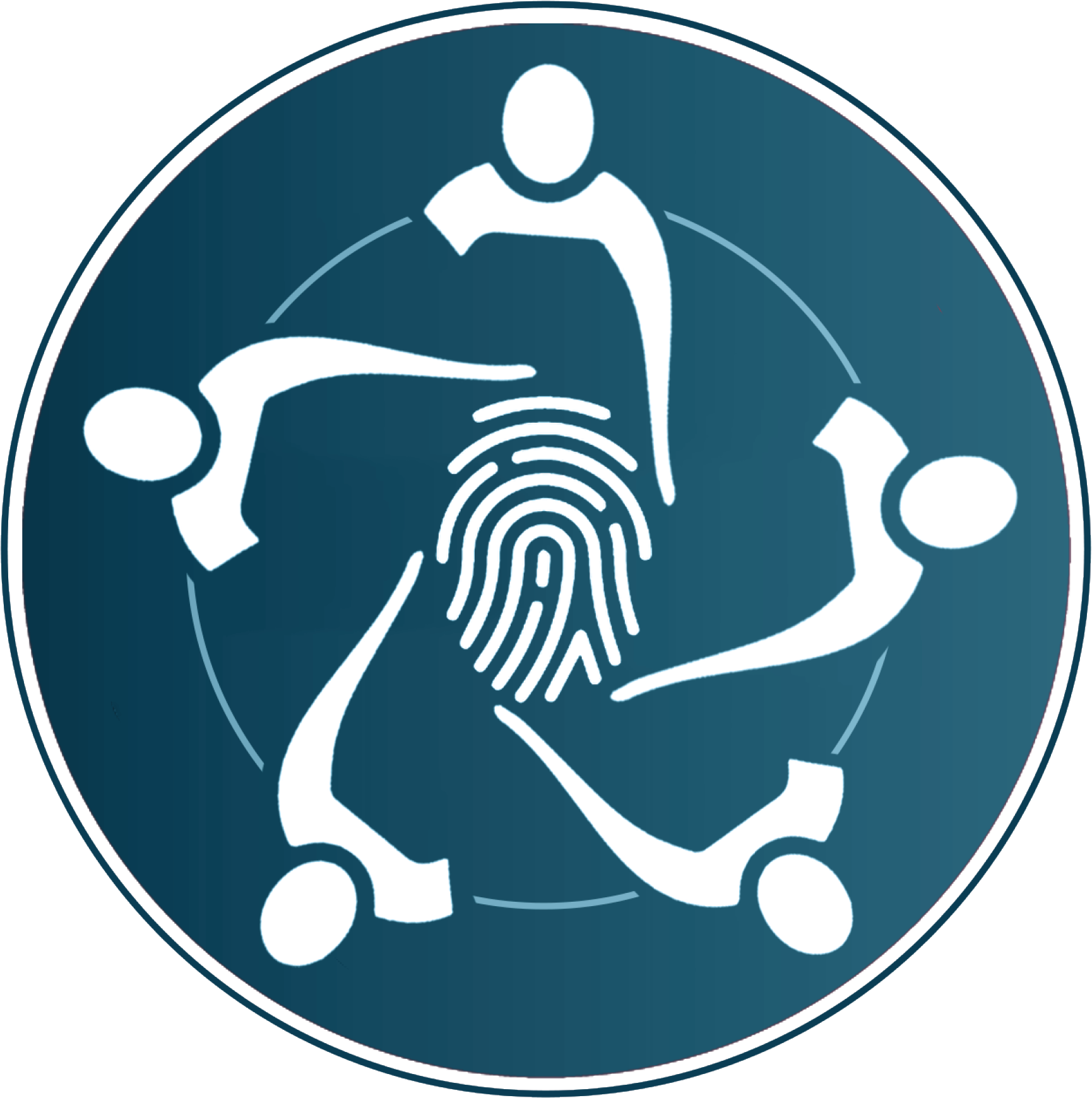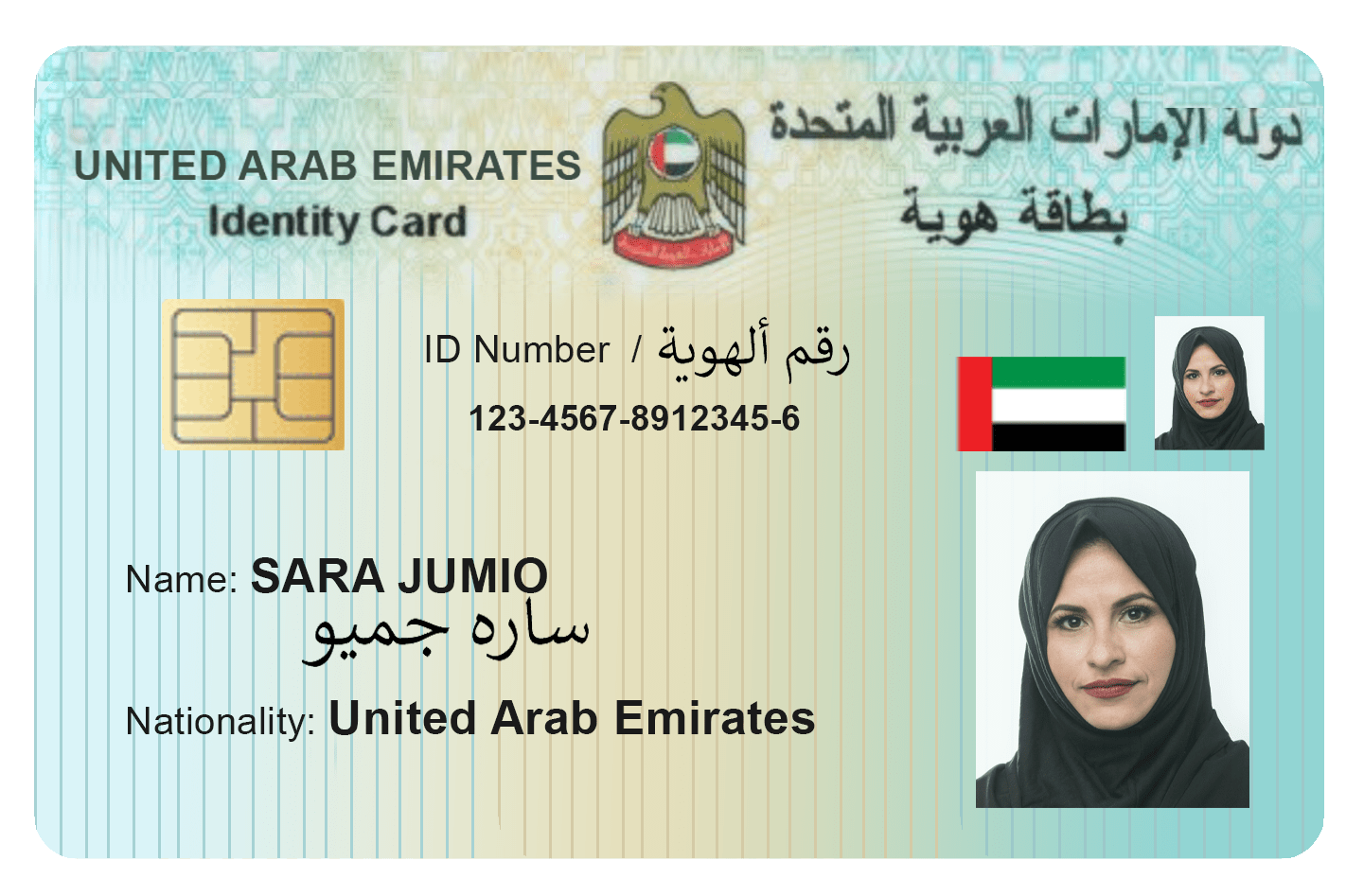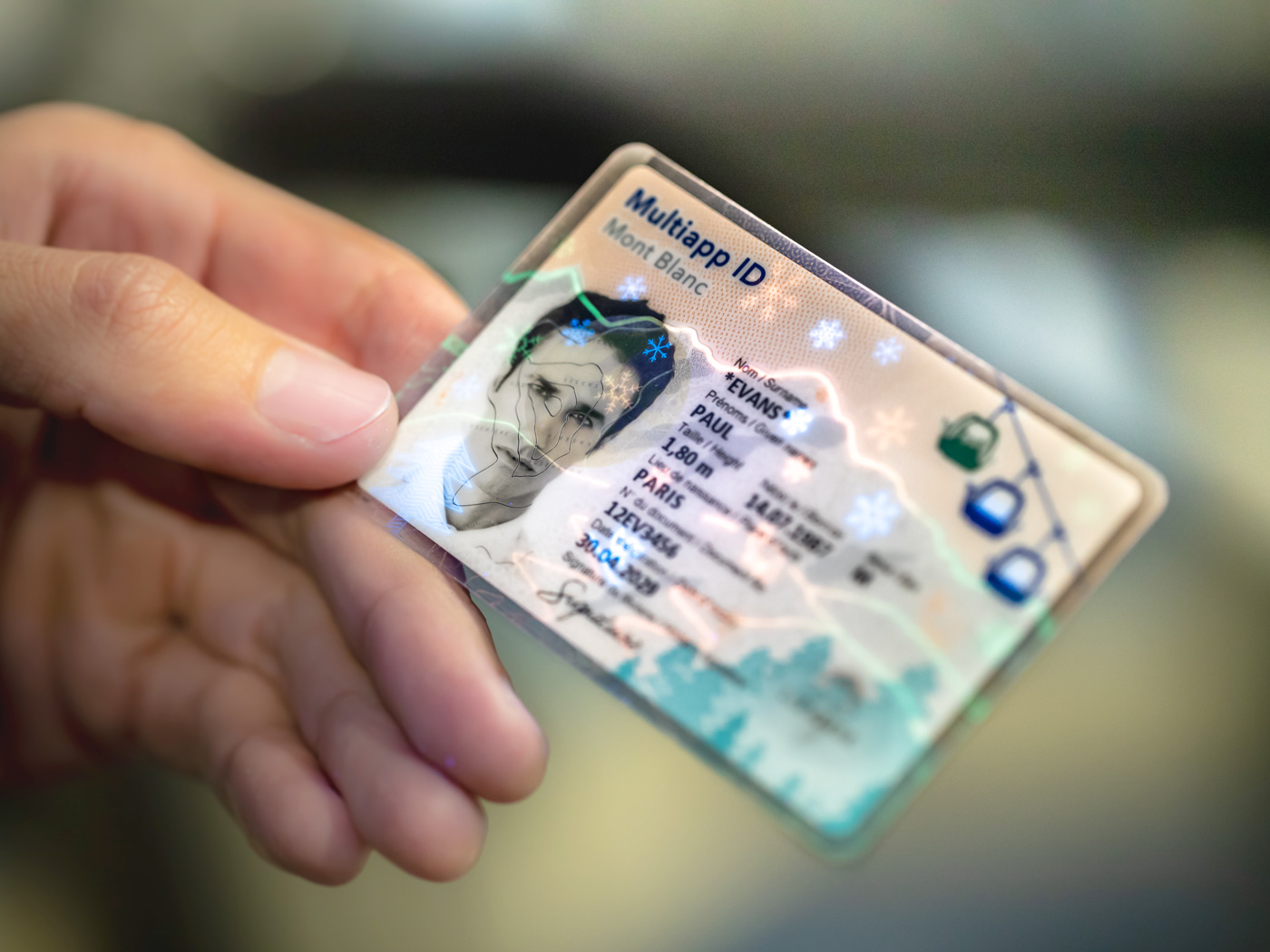What Is The National ID? Everything You Need To Know
so listen up, because we’re diving deep into something that affects almost everyone in the modern world: national IDs. you’ve probably heard about it, maybe even carry one in your wallet, but do you really know what it is and why it matters? well, buckle up, because this article’s got all the answers you’re looking for. national IDs are more than just a piece of plastic—they’re a cornerstone of identity management, and understanding them can save you a lot of headaches down the road.
let me break it down for you. a national ID is essentially an official document issued by a government to identify its citizens. it’s like a passport for your daily life, used for everything from opening bank accounts to accessing healthcare services. but here’s the thing—different countries approach national IDs in different ways, and that’s where things get interesting. some nations make them mandatory, while others leave it as an optional tool. we’ll dig into all that and more in just a bit.
before we dive deeper, let’s set the stage. this isn’t just a random topic—it’s a big deal. in today’s world, where identity theft and fraud are skyrocketing, having a secure and reliable way to prove who you are is crucial. national IDs play a key role in that, and they’re only becoming more important as technology evolves. so whether you’re curious about how they work, their benefits, or even the controversies surrounding them, you’re in the right place. let’s get started.
Read also:Lara Rose Brich Leak The Truth Behind The Viral Sensation
Understanding the Basics of National IDs
first things first, let’s get into the nitty-gritty of what exactly a national ID is. at its core, it’s a government-issued document that serves as proof of identity. think of it as your personal key to accessing various services and rights within a country. it’s not just a piece of paper or plastic—it’s packed with important details like your name, date of birth, address, and often even a photo. in many places, it also includes a unique ID number that ties directly to you.
now, here’s the kicker—national IDs aren’t one-size-fits-all. different countries have different systems, formats, and requirements. for example, in some places, they’re embedded with chips that store digital information, making them super secure. others stick to the basics, relying on printed details alone. but no matter the form, the goal is the same: to provide a reliable way to verify someone’s identity.
Why National IDs Are Important
so why should you care about national IDs? well, they’re kind of a big deal. in many countries, they’re required for accessing essential services like healthcare, education, and employment. without one, you might find yourself stuck in bureaucratic limbo, unable to do even the simplest things. for instance, imagine trying to open a bank account or sign up for internet service without a valid ID. not fun, right?
but it’s not just about convenience. national IDs also play a huge role in preventing identity theft and fraud. with more and more transactions moving online, having a secure way to prove who you are is more important than ever. and let’s not forget about travel—many countries require a national ID for domestic flights or even crossing borders. so yeah, they’re pretty darn important.
How National IDs Work in Different Countries
now, here’s where things get fascinating. different countries have wildly different approaches to national IDs. some make them mandatory, while others treat them as optional. for example, in countries like Germany and the Netherlands, carrying a national ID is pretty much a given. it’s expected, and most people have one. on the other hand, in the United States, there’s no federal-level national ID—instead, people rely on things like driver’s licenses or state-issued IDs.
let’s break it down a bit further. in countries where national IDs are mandatory, they’re usually issued automatically when you reach a certain age. for instance, in Spain, everyone gets a DNI (Documento Nacional de Identidad) at birth. it’s like a birthright, and it’s used for everything from voting to accessing social services. in contrast, in places like the UK, national IDs are more of a choice. you can get one if you want, but it’s not required for most things.
Read also:Nagi Hikaru Nsfw The Controversy The Facts And The Truth Behind The Buzz
Key Features of National IDs
so what makes a national ID tick? well, there are a few key features that most of them share. first off, there’s the personal information—stuff like your name, date of birth, and address. then there’s the unique ID number, which is like your personal code within the system. some IDs even include biometric data, like fingerprints or facial recognition, to make them even more secure.
another important feature is the security measures. modern national IDs often come with embedded chips, holograms, and other high-tech goodies to prevent forgery. these days, counterfeit IDs are a huge problem, so governments are pulling out all the stops to make sure their IDs are as secure as possible. and let’s not forget about expiration dates—most IDs need to be renewed periodically to ensure the information stays up to date.
The Benefits of Having a National ID
let’s talk about the good stuff. having a national ID comes with a ton of benefits. first and foremost, it makes life a lot easier. with a single document, you can access a wide range of services without jumping through hoops. whether you’re signing up for healthcare, applying for a job, or even just proving your age at a bar, a national ID has got you covered.
but the perks don’t stop there. national IDs also help governments keep track of their citizens in a more organized way. this can lead to better policy-making, more efficient resource allocation, and even improved public safety. plus, with the rise of digital IDs, things are getting even more convenient. imagine being able to access all your important documents from your phone—no more digging through drawers for that dusty old card.
How National IDs Improve Efficiency
one of the biggest advantages of national IDs is how they streamline processes. think about it—instead of carrying around a bunch of different documents, you’ve got everything in one place. this makes things like applying for benefits, registering for school, or even voting a whole lot easier. governments can also use the data from national IDs to improve services, making them more targeted and effective.
and let’s not forget about the economic benefits. with a well-functioning national ID system, businesses can operate more smoothly, and individuals can access financial services more easily. this can lead to increased economic growth and development, which is a win-win for everyone involved. so yeah, national IDs aren’t just about convenience—they’re about progress.
The Controversies Surrounding National IDs
of course, nothing’s perfect, and national IDs are no exception. there are some pretty heated debates about their use, especially when it comes to privacy and security. on one hand, critics argue that national IDs give governments too much power over citizens’ lives. they worry about things like surveillance, data breaches, and even discrimination based on ID information.
on the other hand, supporters say that the benefits outweigh the risks. they point out that national IDs can actually enhance privacy by reducing the need for multiple documents and making it harder for fraudsters to operate. plus, with proper safeguards in place, the risks can be minimized. but the debate rages on, and it’s not likely to be resolved anytime soon.
Addressing Privacy Concerns
so how do we address these privacy concerns? well, one approach is to implement strict regulations around how national ID data is collected, stored, and used. this includes things like encryption, access controls, and regular audits to ensure compliance. governments can also involve citizens in the process, getting their input on how the system should work and what safeguards should be in place.
another important step is educating the public about how national IDs work and why they’re important. a lot of the fear around these systems comes from misinformation or lack of understanding. by providing clear, transparent information, governments can help build trust and reduce anxiety. it’s all about finding the right balance between security and privacy.
Future Trends in National IDs
so what’s next for national IDs? well, the future looks pretty exciting. with advancements in technology, we’re seeing more and more innovations in how these systems are designed and implemented. for example, digital IDs are becoming increasingly popular, allowing people to access their information from anywhere using a smartphone or other device. this not only makes things more convenient but also more secure, as digital IDs can incorporate advanced encryption and biometric authentication.
another trend is the use of blockchain technology to enhance the security and transparency of national ID systems. blockchain allows for decentralized storage of data, making it much harder for hackers to access or alter. this could revolutionize the way we think about identity management, providing a safer and more reliable way to prove who we are in the digital age.
The Role of Technology in Shaping National IDs
technology is playing a huge role in shaping the future of national IDs. from biometrics to artificial intelligence, there are all kinds of tools being used to make these systems more efficient, secure, and user-friendly. for example, facial recognition technology is being used in some places to verify identities quickly and accurately. and AI is helping to detect fraud and anomalies in real-time, making the system more robust.
but it’s not just about the tech—it’s also about how we use it. governments need to be mindful of the potential risks and take steps to mitigate them. this includes things like setting clear guidelines for data usage, ensuring interoperability between systems, and involving stakeholders in the decision-making process. the key is to strike the right balance between innovation and protection.
How to Obtain a National ID
so you’re ready to get your hands on a national ID—great choice! but how do you go about it? well, the process varies depending on where you live, but generally, it involves a few key steps. first, you’ll need to gather some basic documents, like your birth certificate, proof of address, and maybe even a passport photo. once you’ve got those, you’ll need to head to the relevant government office or apply online if that option’s available.
after you’ve submitted your application, there’s usually a waiting period while they verify your information. this can take anywhere from a few days to a few weeks, depending on the country and the system. once everything checks out, you’ll receive your shiny new national ID, ready to use for all your important tasks. and don’t forget to keep it safe—it’s an important document!
Common Requirements for National IDs
so what do you need to get a national ID? well, it varies a bit depending on where you are, but there are some common requirements that pop up pretty much everywhere. first off, you’ll need proof of citizenship, which usually comes in the form of a birth certificate or passport. then there’s proof of address, like a utility bill or bank statement. and of course, you’ll need a recent photo, preferably one that meets the specific requirements of the ID system.
some places might also ask for additional documents, like marriage certificates or court orders, depending on your situation. and don’t forget about fees—most national ID systems come with a small charge to cover the costs of production and administration. but hey, it’s a small price to pay for the convenience and security they offer.
Conclusion: Why National IDs Matter
so there you have it—a comprehensive look at national IDs and why they matter. whether you’re just curious about how they work or you’re thinking about getting one for yourself, this article’s got all the info you need. national IDs aren’t just a piece of plastic—they’re a crucial tool for navigating the modern world. they help protect your identity, make life easier, and even contribute to the greater good by improving government services and efficiency.
but remember, with great power comes great responsibility. while national IDs offer a ton of benefits, it’s important to be mindful of the potential risks and take steps to protect your privacy. whether that means staying informed about how your data’s being used or advocating for better safeguards, it’s up to all of us to ensure these systems work for everyone.
so what’s next? if you’ve learned something new from this article, why not share it with a friend? or better yet, leave a comment and let me know what you think. and if you’re ready to take the next step and get your own national ID, check out the official website for your country’s system. trust me, it’s worth it.
Table of Contents
- Understanding the Basics of National IDs
- Why National IDs Are Important
- How National IDs Work in Different Countries
- Key Features of National IDs
- The Benefits of Having a National ID
- How National IDs Improve Efficiency
- The Controversies Surrounding National IDs
- Addressing Privacy Concerns


